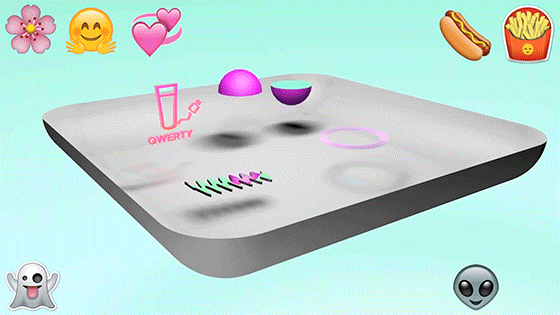Science from the Latin scientia (data) is a course of action of securing learning in light of the consistent procedure, and moreover the sorted out gathering of data expanded through such research. Science as described here is on occasion named impeccable science to separate it from associated science, which is the utilization of consistent research to specific human needs. Development is a wide thought that game plans with a creature classifications' usage and data of gadgets and fine arts, and how it impacts a creature classes' ability to control and change in accordance with its condition. In human culture, it is an aftereffect of science and building, but a couple of mechanical advances start before the two thoughts.
Science implies a course of action of securing learning. This system uses discernment and experimentation to portray and clear up ordinary wonders. The term science similarly insinuates the made gathering out of learning people have gotten using that system. Fields of science are usually organized along two critical lines: Trademark sciences, which focus regular marvels (checking normal life), Humanistic systems, which focus human lead and social requests.
These groupings are observational sciences, which infers the data must be established on noticeable miracles and prepared for being striven for its authenticity by various investigators working under comparative conditions.
Is Technology Related to Science?
Bigelow’s phrase “the practical applications of science” points to the root of much of the current confusion as to the meaning of technology. In using this phrase to describe technology he effectively placed technology beneath the umbrella of science to such an extent that science and technology are now, as Rose described, seen by many as an “indivisible pair” with technology as the subservient and dependant partner. Thus, for much of the time the pair are wrapped together into a single conceptual package known simply as “science”. This point is emphasised when surfing the for technology-related teaching resources. A plethora of lesson plans exist at sites dedicated to science educate. The problem is, though, that many of these lessons should properly be termed “technology” but are all too often referred to as "Applied Science".
One source of confusion is the undoubted relationship that exists between science and technology and Sparks pointed out that even though science and technology overlap in an area which might be referred to as “applied science”, there are a number of important differences between the two, even though these differences might not be self-evident to an average member of the general publicwho, through neglect and through repeated use of the phrase “science and technology” has lost the distinction between “science” and between “technology”. The two cannot be told apart, which is hardly surprising given that, as Mayr put it: “ . . . practical usable criteria for making sharp neat distinctions between science and technology do not exist.”
Differences in Etymology
The word science comes
through the Old French, and is derived from the Latin word scientia for
knowledge, which in turn comes from scio - 'I know'. From the Middle Ages to
the Enlightenment, science or scientia meant any systematic recorded knowledge.
Science therefore had the same sort of very broad meaning that had at that time. In other
languages, including French, Spanish, Portuguese, and Italian, the word
corresponding to science also carries this meaning. Today, the primary meaning
of "science" is generally limited to empirical study involving use of
the scientific method.
Technology is a term with origins in the Greek
"technologia", "τεχνολογία" — "techne",
"τέχνη" ("craft") and "logia", "λογία"
("saying"). However, a strict definition is elusive; "technology"
can refer to material objects of use to humanity, such as machines, or utensils, but can also encompass
broader themes, including systems, methods of organization, and techniques. The
term can either be applied generally or to specific areas: examples include
"construction technology", "medical technology", or
"state-of-the-art technology".























0 comments:
Post a Comment